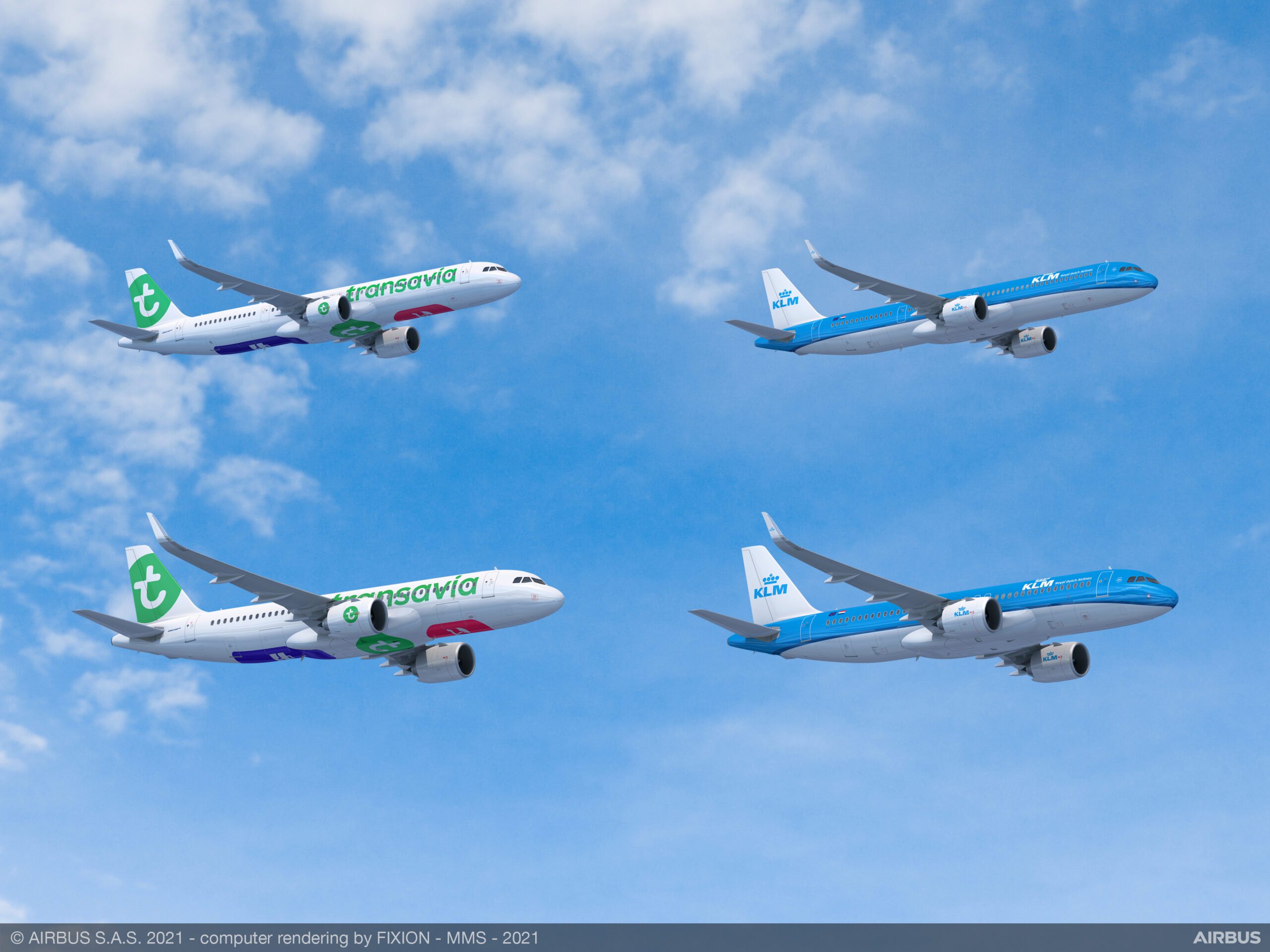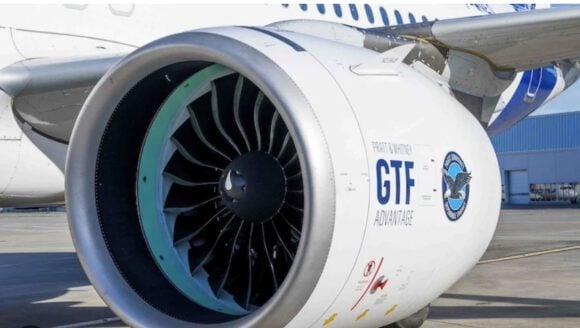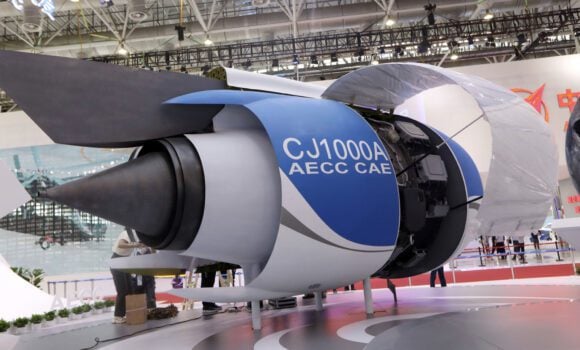
KLM TRANSAVIA A320NEO A321NEO WITH BACKGROUND C AIRBUS FOR AIR FRANCE KLM scaled
Santa came early for Airbus and it has been quite a month of good news. The wins were impressive given the state of the industry as it recovers from the pandemic and which is about to go through yet another dip from national lockdowns and lockouts. The industry has to play the long game and right now that game is focusing on sustainability – which is great for OEMs as the quickest way to lower fuel burn and pollution is new aircraft with state-of-the-art engines.
One aspect of the recent deals Airbus won has not been discussed in detail. That would be specifically the engines. The switch of aircraft OEMs is huge and in making the switch, engine OEM CFM loses too. The loss is not instant – the 737NGs at these airlines have a lot of life left in them and can be expected to serve current operators for at least five more years and then have another life with other operators and, perhaps, even longer as freighters. CFM will be supporting those engines for at least a decade more.
The following table lists the orders and how we think the engine race plays out. That is a lot of new engines.
The AF/KLM engine choice is likely to be for the Pratt & Whitney GTF. Air France has the GTF on its A220s and KLM uses that engine on their E2 fleet. In the interests of spares and cost savings, the odds are the GTF also gets selected for their A320neo family deal.
Qantas has already made up its mind. The selection of the A220 which comes with the GTF means that choosing the same engine for the A321XLR was a no-brainer. Its Jetstar A320neo fleet on order will use the same powerplants while its A320ceo’s use IAE engines that come from Pratt & Whitney.
While nothing is final until a selection is announced, it does seem to us that Pratt has the edge on the KLM and Transavia order.
Views: 1





